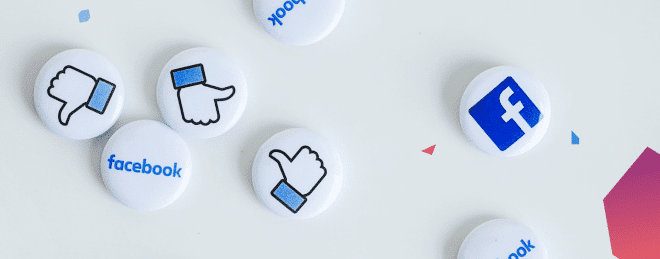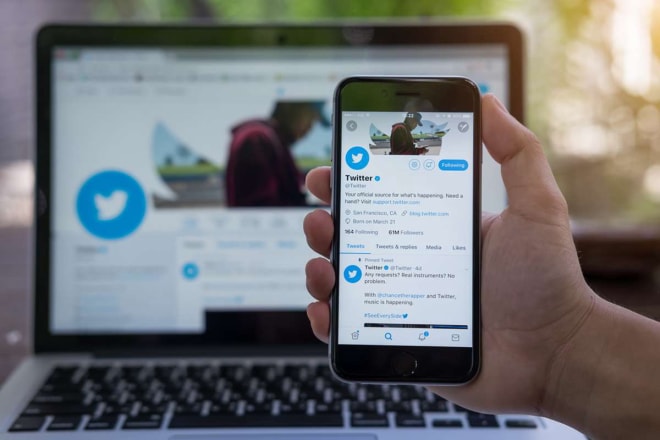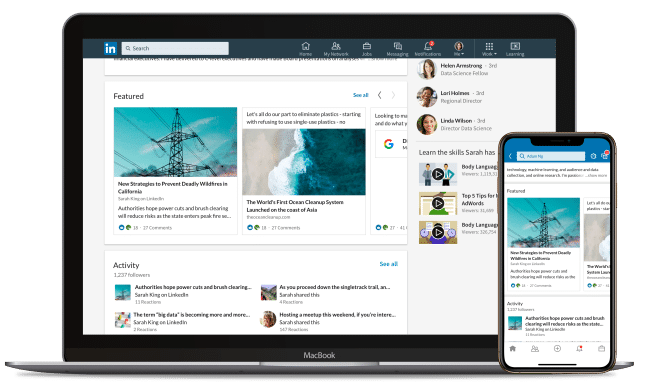Intelligence Collection: Social Media (1)
With the popularity of social media, more and more people are using it not only for
social communication, but also as an intelligence gathering tool. On social media,
users can send information to the outside world by posting content, liking,
commenting and other activities.
This information may include personal
information of certain people, news about specific fields, social hotspots, etc.,
which are valuable resources for intelligence collection. First, to obtain valuable
intelligence, you need to choose the right social media platform.
Today, all
major social media platforms have their unique characteristics and user groups.
Choosing the right platform can make it easier and more accurate to obtain valuable
intelligence. Second, establish a clear goal for intelligence collection. This can
help us focus more on collecting information related to the target.
For
example, if we want to understand the views, preferences or whereabouts of a
specific group, we can follow their social media accounts or search for hashtags
related to them, so we can more accurately collect intelligence on that group.
Most importantly, it is important to protect personal information and
privacy. In social media, personal information can be compromised at any time.
Therefore, when collecting intelligence, it is important to comply with relevant
laws and regulations and not to violate the privacy and human rights of others. At
the same time, we should also protect our personal privacy and avoid overexposure.
We can choose to protect our privacy by using screen names and masking personal
information.
1. Facebook
Facebook is an online
social media and social networking service owned by the American technology giant
Meta Platforms. Created in 2004 by Mark Zuckerberg with fellow Harvard
College students and roommates Eduardo Saverin, Andrew McCollum, Dustin Moskovitz,
and Chris Hughes, its name derives from the face book directories often given to
American university students.
As of December 2022, Facebook claims to have
2.96 billion active users per month and ranks as the third most visited website in
the world.
Facebook can be accessed from devices with Internet connections
such as personal computers, tablets, and smartphones. After registering, users can
create a profile to display information about themselves. They can post text, photos
and multimedia and share them with any other user who agrees to be their "friend" or
post them publicly through different privacy settings. Users can also use Messenger
to communicate directly with each other, join common interest groups, and receive
notifications about Facebook Friends events and following pages.

2. Twitter
Twitter is a micro-blogging social platform that
has conquered the world and is based in San Francisco, USA. Its main function is to
allow users to post and share information in no more than 140 characters. Both
regular users and government agencies and officials have found their stage on
Twitter.
As of 2018, Twitter has more than 350 million active users, and the
number of tweets posted every day is as high as 400 million, which fully
demonstrates the strong influence of Twitter in the field of information
dissemination and social communication.
On October 27, 2022, Elon Musk
acquired Twitter for $44 billion, gaining control of the platform. Since the
acquisition, the platform has been criticized for fostering content containing hate
speech.
On December 20, 2022, Musk announced that he would step down as CEO
once a replacement was found, and on May 12, 2023, Musk announced that he would step
down as CEO in approximately six weeks and that Linda Yaccarino, the former head of
ad sales at NBCUniversal, would become the new CEO.

3. LinkedIn
LinkedIn is the world's largest professional
networking platform, headquartered in Mountain View, California. It is dedicated to
providing a one-stop career development platform for individuals and companies. As
of 2020, LinkedIn has more than 600 million users in more than 200 countries and
regions around the world.
